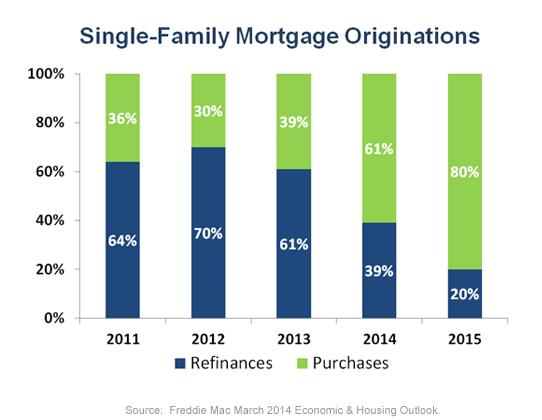
For most people, a for-sale-by-owner (FSBO) transaction simply isn't in the cards.
Granted, some people are able to sell their own homes without the services of a real estate agent. Some of these successful do-it-yourselfers are very experienced home sellers. Others are transferring ownership of their home to a child, a coworker or a tenant who's already living in the home. These circumstances are the exception, not the norm, however. For most people, a for-sale-by-owner (FSBO) transaction simply isn't in the cards. Here are five reasons why.
1. FSBOs can't list their home in the MLS. FSBOs aren't permitted to put their home in the multiple listing service (MLS) because these industry membership organizations are open only to licensed real estate brokers and agents. FSBOs are also locked out of many home search engines and Web sites, including the gigantic Realtor.com. Sure, a determined FSBO can put a for-sale sign in his or her front yard and run a tiny advertisement in the local newspaper, but the home won't receive nearly as much exposure as it would through the MLS.
2. Agents won't show FSBO homes. In a typical home sale, the buyer's agent receives a percentage of the commission that the seller pays the listing agent. Without a listing agreement, there's no guarantee that the buyer's agent will be compensated for his or her services, unless the buyer has signed a buyer's brokerage agreement that specifically provides for such compensation. Even if a FSBO offers to pay the buyer's side of the commission, most agents won't want to go through a transaction with an unsophisticated self-represented seller across the table. That means the pool of potential buyers for FSBO homes is limited primarily to unrepresented and probably unqualified prospects.
3. FSBOs usually overprice their home. Like most homeowners, most FSBOs honestly believe their own home is worth more than comparable homes in the same neighborhood. Usually, they're wrong. A real estate agent can provide an update on market conditions, an assessment of the likely selling price of the home and tips for improving the home's buyer appeal. Overpricing a for-sale home is a sure way to deter potential buyers.
4. Buyers will feel intimidated. Potential buyers will spend less time in a for-sale home if the owner is present during the showing, and they'll be shy about discussing its pluses and minuses with their own agent if the owner is within earshot. Buyers will also be less inclined to make an offer if they know they'll be negotiating directly with the seller. Having an agent on each side creates an effective emotional buffer between the seller and buyer.
5. FSBOs are likely to stumble into legal trouble. Real estate transactions are fraught with potential liability for unwary sellers, particularly in states that have extensive disclosure requirements. A FSBO who overlooks even one required form or legally mandated disclosure could face a protracted and expensive buyer lawsuit after the transaction closes.
Source: http://www.realtor.com/Basics/Sell/Why/Fsbo.asp?source=web










